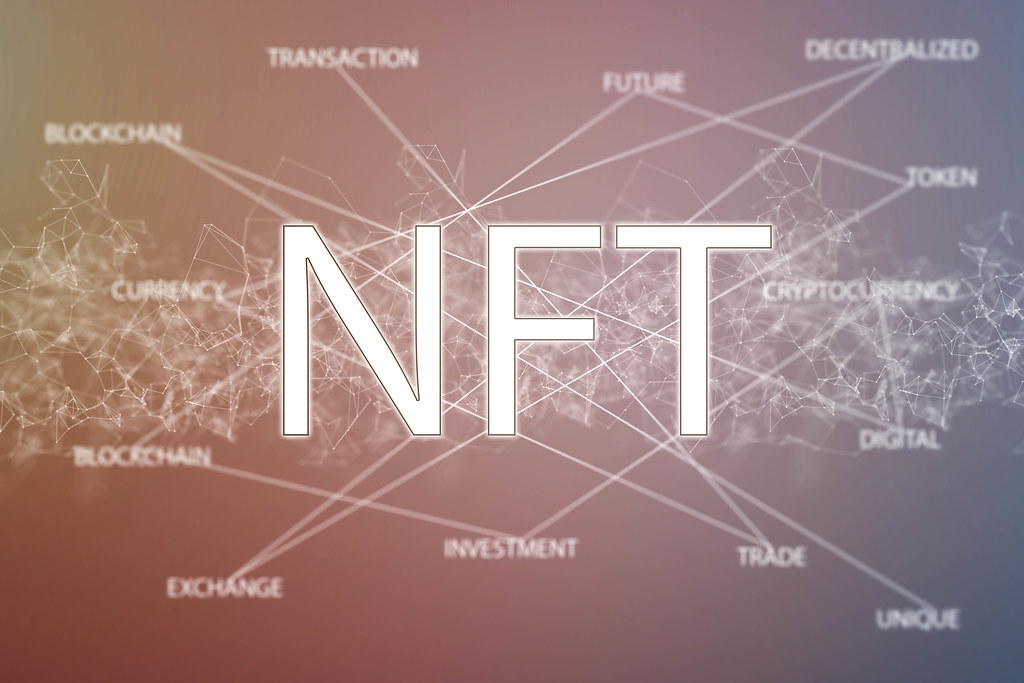Cryptocurrency vs NFTs – In the rapidly evolving landscape of digital assets, two terms have gained considerable attention: Cryptocurrency and NFTs (Non-Fungible Tokens). These technologies have sparked a revolution in how we perceive and interact with value, ownership, and the digital world. This article aims to shed light on the differences, similarities, and implications of Cryptocurrency and NFTs, providing you with a comprehensive understanding of these fascinating phenomena.
Cryptocurrency vs NFTs / Cryptocurrency vs NFTs / Cryptocurrency vs NFTs
Introduction
In an era dominated by digital transformation, Cryptocurrency and NFTs have emerged as transformative technologies with the potential to reshape various industries. Both of these concepts are rooted in blockchain technology, which ensures security, transparency, and decentralization.
Understanding Cryptocurrency
Cryptocurrency, such as Bitcoin and Ethereum, is a digital form of money that operates on blockchain technology. Unlike traditional currencies issued by governments, cryptocurrencies are decentralized and rely on complex cryptography for security. They can be used for various purposes, including transactions and investments.
Deciphering NFTs

NFTs, on the other hand, represent ownership of a unique digital asset, whether it’s art, music, collectibles, or even virtual real estate. Each NFT is indivisible and cannot be exchanged on a one-to-one basis with other tokens, making them distinct from cryptocurrencies. NFTs are also built on blockchain, offering proof of ownership and authenticity.
Comparing Cryptocurrency and NFTs
While both Cryptocurrency and NFTs utilize blockchain technology, their fundamental purposes differ. Cryptocurrencies are primarily used as mediums of exchange, investment vehicles, or stores of value. NFTs, however, focus on representing ownership and provenance of digital items, tapping into the growing demand for unique and scarce digital content.
Use Cases and Applications
Cryptocurrencies find application in cross-border transactions, remittances, smart contracts, and decentralized finance (DeFi) platforms. NFTs, on the other hand, have revolutionized the art and entertainment industries by enabling creators to monetize digital assets directly, bypassing traditional intermediaries.
Investment Potential
Investing in cryptocurrencies can be highly profitable but also volatile due to price fluctuations. NFTs, driven by the growing interest in digital collectibles and unique content, have also showcased significant investment potential. However, the value of NFTs largely depends on factors like the creator’s reputation and the rarity of the asset.
Risks and Concerns
Both Cryptocurrency and NFTs come with risks. Cryptocurrencies are vulnerable to market sentiment, regulatory changes, and technological vulnerabilities. NFTs face concerns about copyright infringement, environmental impact due to energy-intensive blockchains, and the speculative nature of the market.
Future Outlook
The future of Cryptocurrency and NFTs appears promising, with increasing mainstream adoption and innovative use cases. Cryptocurrencies could potentially revolutionize the traditional financial system, while NFTs might continue to reshape how we perceive and trade digital assets.
Conclusion
In the realm of digital innovation, Cryptocurrency and NFTs stand out as transformative concepts. While Cryptocurrency represents a new form of currency and investment, NFTs redefine ownership and authenticity in the digital realm. Both have the potential to reshape industries, economies, and the way we interact with the digital world.
FAQs
Q1: Is cryptocurrency the same as an NFT?
- No, cryptocurrency and NFTs are distinct concepts. Cryptocurrency is digital money, while NFTs represent ownership of unique digital assets.
Q2: How are NFTs created?
- NFTs are created using blockchain technology. Creators mint NFTs by registering them on compatible blockchain platforms.
Q3: Are NFTs only used for digital art?
- No, while NFTs gained popularity with digital art, they can represent various digital assets, including music, videos, virtual real estate, and more.
Q4: Can you convert NFTs back into traditional currency?
- Yes, NFTs can be sold on online marketplaces, and the proceeds can be converted into traditional currency like USD or other cryptocurrencies.
Q5: Are cryptocurrencies and NFTs regulated?



